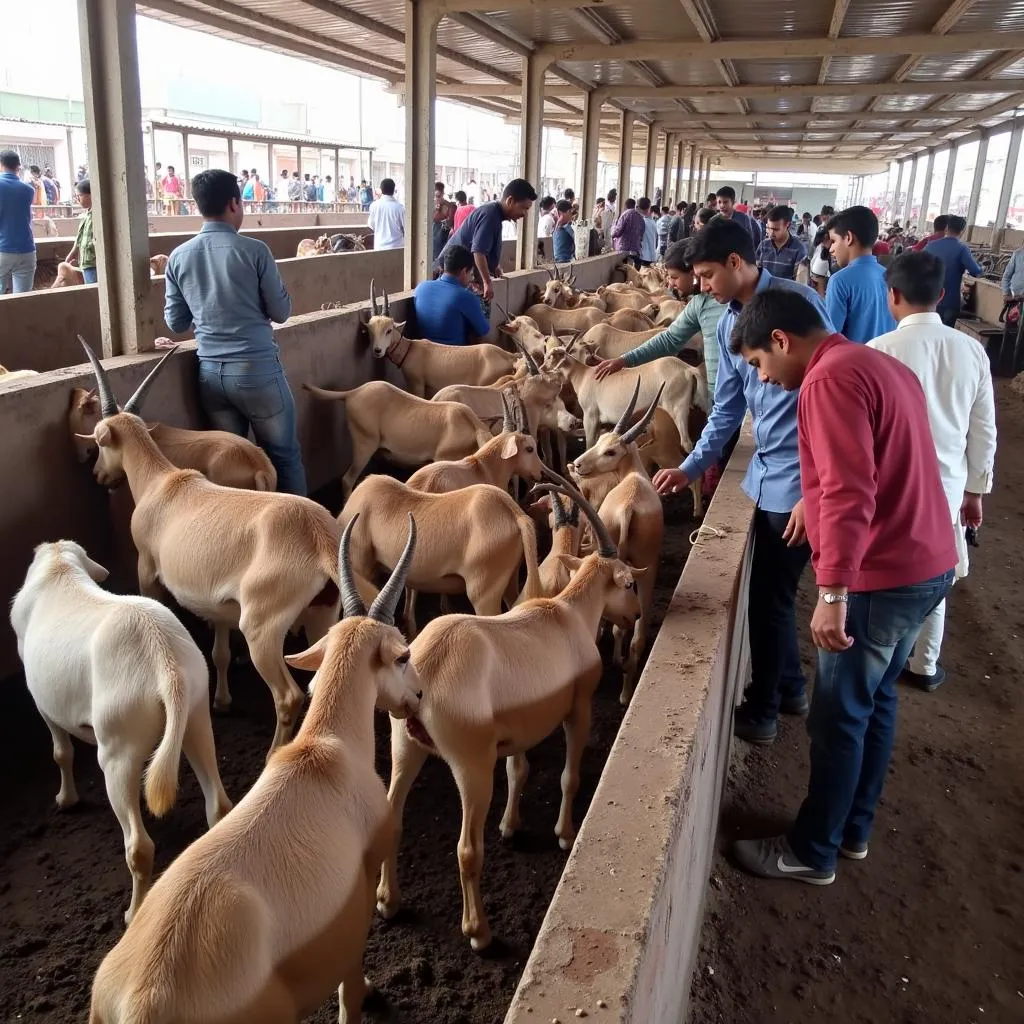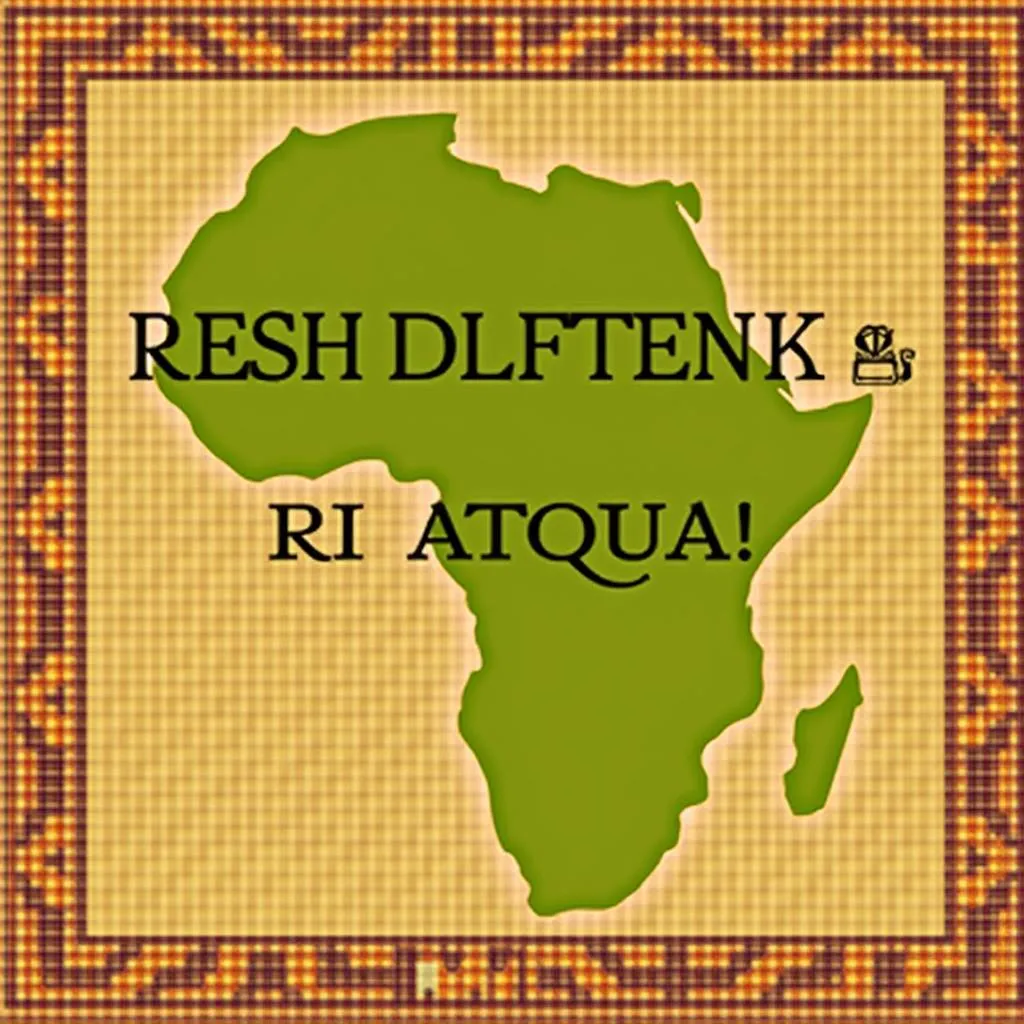Exploring the Rich Tapestry of African Diaspora Music
African Diaspora Music represents a powerful expression of cultural memory, resilience, and creativity. It’s a testament to the enduring spirit of Africans and their descendants across the globe, echoing the rhythms of a shared heritage while embracing new influences and innovations. From the spirituals sung by enslaved Africans in the Americas to the vibrant sounds of Afrobeat and reggae, this musical tapestry reflects the journeys, struggles, and triumphs of a people displaced yet united by their ancestral roots. Let’s dive into this rich and complex world.
The Roots of African Diaspora Music: Rhythms of Remembrance
The origins of African diaspora music are deeply intertwined with the transatlantic slave trade. Forced from their homelands, Africans carried their musical traditions with them, using songs and rhythms as a means of communication, solace, and resistance. These musical expressions, often imbued with spiritual and religious significance, became a vital link to their ancestral past and a powerful tool for forging community in a new and hostile environment. The rhythmic complexities, call-and-response patterns, and improvisational elements characteristic of many African musical traditions found new life in the Americas, shaping the development of various genres.
The Evolution of Genres: From Spirituals to Afrobeat
African diaspora music has evolved over centuries, giving rise to a diverse array of genres that reflect the unique experiences of African descendants in different parts of the world. In the United States, spirituals, gospel music, blues, and jazz emerged as powerful expressions of African American identity and creativity. In the Caribbean, the rhythms of Africa blended with European and indigenous influences to create genres like reggae, calypso, and soca. In South America, samba, candomblé music, and other forms emerged from the syncretism of African and Latin American cultures. And in Africa itself, new genres like Afrobeat, highlife, and kwaito emerged, drawing on both traditional African music and global influences.
african american christmas greetings
What are some key characteristics of African diaspora music?
Many forms of African diaspora music share certain characteristics, reflecting their common African roots. These include:
- Complex Rhythms: Polyrhythms, syncopation, and intricate rhythmic patterns are often prominent.
- Call and Response: This interactive musical dialogue between a leader and a chorus is a hallmark of many African-derived genres.
- Improvisation: Spontaneous musical creation and variation are often valued and encouraged.
- Emphasis on Percussion: Drums and other percussion instruments play a central role in many forms of African diaspora music.
- Storytelling and Social Commentary: Music is often used as a vehicle for sharing stories, expressing emotions, and addressing social and political issues.
“African diaspora music is not just about entertainment,” says Dr. Abena Kwesi, ethnomusicologist and author of “The Rhythms of Resistance.” “It’s a powerful form of cultural expression that reflects the history, struggles, and triumphs of a people. It’s a living testament to the enduring power of music to connect us to our past and to inspire us to build a better future.”
African Diaspora Music Today: A Global Phenomenon
Today, African diaspora music continues to evolve and thrive, influencing popular music around the world. Artists like Beyoncé, Burna Boy, and Rihanna have incorporated elements of African diaspora music into their work, introducing these sounds to new audiences and further solidifying their global impact. The vibrant rhythms and powerful messages of this music continue to resonate with people of all backgrounds, celebrating the resilience, creativity, and enduring spirit of the African diaspora. From the streets of Lagos to the concert halls of London, the music of the African diaspora is a testament to the power of cultural exchange and the enduring legacy of Africa.
How has technology impacted African diaspora music?
Technology has played a significant role in the dissemination and evolution of African diaspora music. The internet and social media platforms have made it easier for artists to connect with global audiences and share their music with the world. Digital audio workstations and other technologies have also facilitated new forms of musical experimentation and innovation.
“The internet has been a game-changer for African diaspora artists,” says Kwame Nkrumah, a renowned Afrobeat musician. “It’s allowed us to bypass traditional gatekeepers and connect directly with our fans all over the world. It’s a powerful tool for sharing our music and our stories.”
Conclusion
African diaspora music is a vibrant and ever-evolving tapestry woven from the threads of history, culture, and creativity. It is a testament to the resilience and ingenuity of the African people, and its influence can be heard in music around the world. Exploring this rich musical landscape offers a powerful lens through which to understand the complexities of the African diaspora and the enduring legacy of Africa.
FAQ
- What is the difference between Afrobeat and Afrobeats?
- What are some popular African diaspora music festivals?
- How has African diaspora music influenced other genres?
- What are some resources for learning more about African diaspora music?
- Where can I find online platforms to listen to African diaspora music?
- Who are some up-and-coming artists in the African diaspora music scene?
- How can I support African diaspora musicians and their work?
Need More Help?
For further assistance or inquiries regarding African culture and music, please do not hesitate to contact us:
Phone: +255768904061
Email: [email protected]
Address: Mbarali DC Mawindi, Kangaga, Tanzania
Our customer service team is available 24/7 to assist you.



